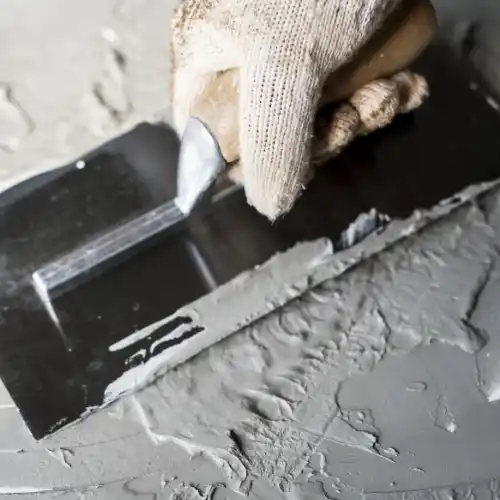HAND PROTECTION: Don't take your hands for granted!
Avoid hand injuries sounds easy, right? It can be. We have tips to hand safety you need - today. Choose gloves that Fit Meet the demand Comfort 3 principles when choosing the right hand protection and you will avoid going home with blisters or worse yet an injury.

Cut Resistant Gloves... Watch video
One glove does not fit all applications
Our hands and fingers are part of our daily activities and because we use them so frequently, we can take them for granted. Yet they are some of the most precise instruments we will use from something as simple as using a hammer to laying out a complicated circuit board. For that reason, some of the most frequent and common injuries on any home, jobsite, or construction project is to our hands or fingers.
Common injuries
Working safely on the job site or in any activity that requires the use of chemicals, tools, equipment or a host of related items, protecting your hands and fingers are first on your list. The various gloves that can be worn is a critical part of injury free activities and can deter or even prevent serious injuries from occurring not only to our self but to others. There are a number of injuries that result from the wrong safety gloves; Chemicals, Contusions, Burns, Punctures, Lacerations, Strains, and Vibrations.
Consider potential hazards
A potential hazard exists with the use of any type of machinery or tool. Some of those hazards could be slivers, jagged edges, shear points, sharp edges to name just a few. Additionally, pinch points or nip points may exist where our hands or fingers could be caught between moving parts or be drawn into any machinery.
What type of materials and gloves are available?
 Since gloves are made of a host of different materials and come in all different shapes, sizes and applications, it is important we choose the appropriate glove for a specific task. Below are a few examples of gloves and the tasks associated with the use of that glove.
Since gloves are made of a host of different materials and come in all different shapes, sizes and applications, it is important we choose the appropriate glove for a specific task. Below are a few examples of gloves and the tasks associated with the use of that glove.
All Purpose Gloves - Could be used for handling materials, maintenance and general construction.
Nitrile Gloves - These gloves can provide protection from many solvents, glues, oils, greases as well as other materials.
Leather Gloves - All-purpose glove that can provide protection against cuts, splinters and punctures
Cut Resistant Gloves - All though a more expensive option, these specialty gloves are designed for high cut risk operations like working with sharp blades, razer knifes or various types of cutting tools. These gloves can also help with working with sharp materials like metal studs, sheet metal or glass to name just a few.
Chemical Resistant Gloves - Gloves that are rated for the specific type of chemical you are working with.
Specialty Gloves - Contracters gloves such as electricians, flash gloves, welding gloves or gloves that give additional arm protection.
Importance of choosing the right glove
With just the few examples we have mentioned above, it becomes readily apparent that “Work appropriate gloves” are needed to protect ourselves and our fellow workers.
How to choose the appropriate glove
- Evaluate the type of work you will be doing and your needs. Do the gloves need to provide protection, a better grip, or simply to provide comfort?
- Evaluate the potential risks. Think about the potential injuries that your hands could sustain and what layer of protection is needed.
- Choose an effective glove that will provide the best level of hand protection while also being comfortable, properly fitted for your size hand and well suited to your work.
- Consult with other workers or supervisors if additional information is needed.
Although it may be cost effective and possible to use one type of glove for several different applications, it is always good to review our current work environment in evaluating whether additional hand protection is needed. Our hands and fingers are one of our most precious tools in our tool box and we want to make sure that are in good working condition for years to come.
Print the chart at 100% and place your hand over the graphic to choose the right size glove. Contact us if you would like a sample glove for your employees.
|
For a complete in-depth understanding of which glove to choose for your industry click or download >>> |

Easily identify a best selling glove solution based on the common function and protection features necessary to get the job done in industrial applications.




















